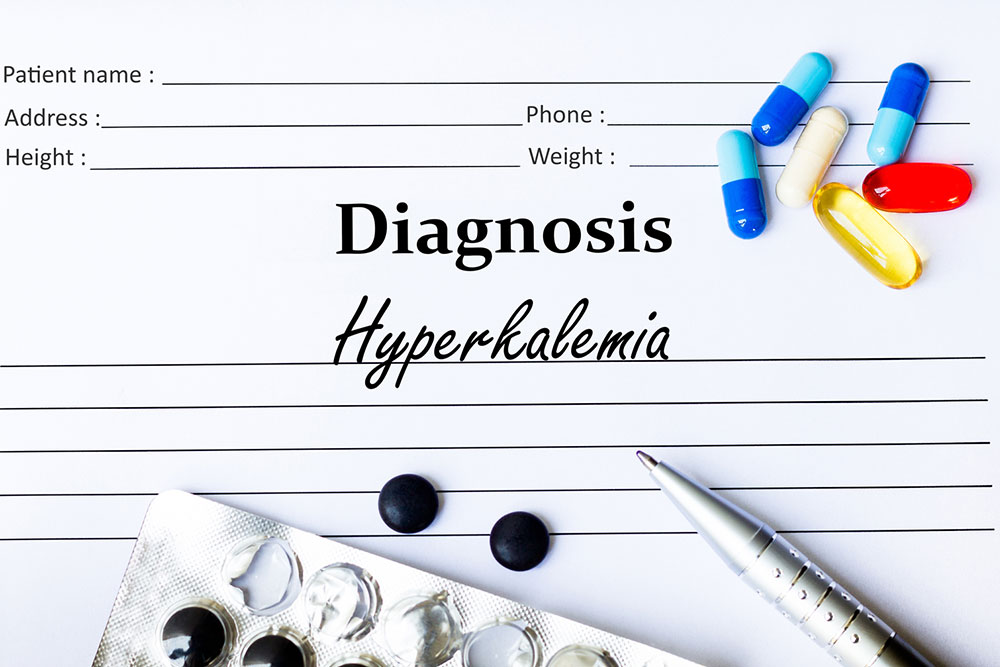
A brief overview of hyperkalemia and its causes
To promote the smooth functioning of vital organs and neural networks, a balanced supply of essential vitamins and nutrients is necessary on a regular basis. An imbalance can disrupt the normal routine and lead to complications. If left unchecked, it may even be fatal in some cases. Hyperkalemia is a condition in which a person has high levels of potassium in the blood.
Potassium is one of the most commonly found chemical compounds in the body. It plays a key role in neuromuscular and heart function which is why high levels can affect the heart, vital nerves, and various muscle groups.
Common symptoms of hyperkalemia include muscle weakness, muscle spasms, fatigue, shortness of breath and hyperventilation, nausea, paralysis, tingling sensation, irregular heart rhythm, confusion, seizure, and coma. Note that extremely high levels of potassium can be fatal.
Causes of hyperkalemia
Kidney problem is one of the main causes of hyperkalemia. Some additional factors may contribute to the development of this condition. Some factors that may trigger hyperkalemia are:
Addison’s disease
This condition is a result of the adrenal glands not producing sufficient hormones. The imbalance in hormone production also triggers a change in the natural potassium levels in the body which is why Addison’s disease can result in hyperkalemia.
Side effects of medications
Beta blockers, nonsteroidal anti-inflammatory drugs (NSAIDS), ACE inhibitors, and receptors blockers can trigger an imbalance in the potassium levels. The severity of the symptoms will vary depending on the condition. Antibiotics, antifungal medicines, blood pressure medications, herbal supplements, and blood thinners can also lead to hyperkalemia.
Potassium-rich foods
The body can only process a specific amount of vital nutrients and minerals. The rest is flushed out of the system on a periodic basis. However, overconsumption of potassium-rich foods can increase the levels of this mineral in the body. The inclusion of potassium supplements and salt substitutes in one’s diet without keeping track of the same can increase a person’s chances of developing hyperkalemia.
Dehydration
Not drinking enough fluids or losing fluids faster than what one consumes during an average day will result in dehydration. Other factors can affect the severity of dehydration. It is one of the many triggers that can cause hyperkalemia or hypokalemia.
Type 1 diabetes
Type 1 diabetes is a chronic condition in which the pancreas does not produce enough insulin. The condition is not curable, and in most cases, patients need to manage it with a combination of treatment and therapy. It can also cause an imbalance in natural potassium levels, thus increasing the risk of hyperkalemia.
Blood transfusion
The potassium levels in donated blood increases throughout the storage duration. So, a subsequent transfusion will increase the levels of potassium in the body. Hyperkalemia is a common complication associated with blood transfusion. Studies show that increased use of stored blood for transfusion can lead to complications down the line and aggravate the symptoms of hyperkalemia.
It is essential to identify the primary cause of hyperkalemia to suggest the right course of treatment. Medical attention is advisable when one notices the early symptoms of this condition.


